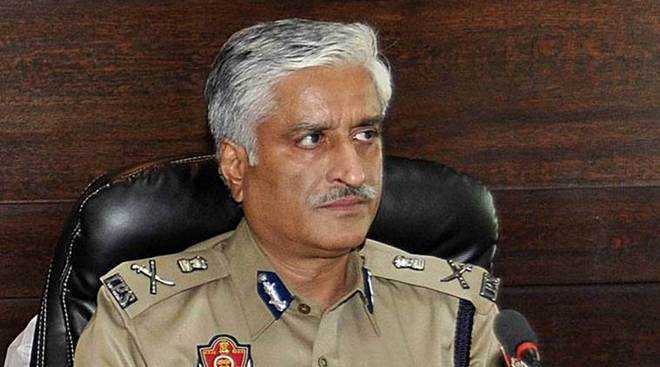A judgment granting bail should indicate brief reasons on why the court is granting bail and the judge should not resort to an omnibus “in the facts and circumstances” formula to avoid giving a reasoned order, the Supreme Court held on Friday (Hariram Bhambhi v. Satyanarayan & anr).
A Bench of Justices DY Chandrachud and BV Nagarathna said that brief reasons which indicate the basis for granting bail are essential because it is the reasons adduced by the court which indicate the basis of the order.
“The duty to record reasons cannot be obviated by recording submissions, followed by an omnibus ‘in the facts and circumstances’ formula,” the Court underscored.
The Court was hearing an appeal against a verdict of Rajasthan High Court which had granted bail to a person accused under the Scheduled Castes and Scheduled Tribes (Prevention of Atrocities) Act, 1989 (SC/ST Act).
The High Court in its order, had failed to record any reasons for the grant of bail. The order did not mention anything apart from the first respondent’s statement and the public prosecutor’s opposition to the grant of bail.
“There is absolutely no reasoning in the order of the High Court granting bail, after recording the submissions of the first respondent’s counsel apart from noting that the public prosecutor had opposed the bail,” the Court noted.
The High Court after recording the submission held that it was just and expedient to release the first respondent on bail “keeping in view the facts and circumstances of the case”.
But no other reasons were recorded, the top court said.
The Court made it clear that such an order cannot pass muster.
In this regard, the Court adverted to its judgment in Ramesh Bhavan Rathod v. Vishanbhai Hirabhai Makwana in it which it had held that four factors must be taken into consideration while deciding on a bail application: i) the facts of the case; ii) the nature of allegations; iii) the seriousness of the offence; and iv) the role attributed to the accused.
The High Court’s bail order had failed to make mention of the abovementioned, the Supreme Court said.
The apex court also took into account the fact that the dependent of the victim under the SC/ST Act was not heard as per the mandate under Section 15A of the Act.
It, therefore, set aside the High Court order granting bail and ordered the accused to surrender on or before November 7, 2021.
Read Judgment here:
Source Link




